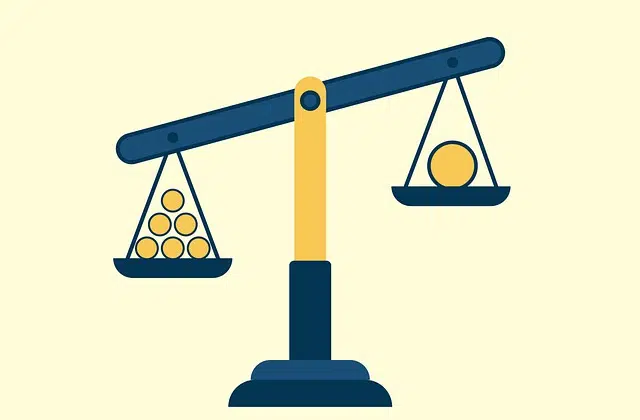
Ethical principles are rules that function as guides to establish what is right and what is wrong.
In order to delve into the clarification of the meaning of ethical principle , it is necessary that, first of all, we proceed to determine the etymological origin of the two words that give it shape:
-Principle derives from the Latin "principium", which can be translated as "take the first" and is the result of the sum of "primus", which is synonymous with "the first"; the verb "capere", which is equivalent to "take"; and the suffix "-ium".
-Ethical, on the other hand, emanates from Greek. More precisely, it is the result of the union of "ethos", which means "custom", and the suffix "-ico", which expresses "relative to".
What is an ethical principle
A beginning is the beginning of something . The concept is also used to name a value or a postulate that is taken into account for the development of an action. A principle, in this way, can be equivalent to a norm .
Ethical, on the other hand, refers to what is related to ethics (the philosophical branch that focuses on moral issues). Ethics, in this sense, is made up of the moral rules that are taken as a basis for action.
With these clarifications, we can analyze the notion of ethical principle . It is a rule that serves as a guide to define behavior, since it includes what is taken as valid or good.
Autonomy, equality, humanization and solidarity
Specifically, it is considered that in today's society there are a series of ethical principles that are classified as basic. Among these the following stand out:
-Principle of autonomy. It means that every person of legal age has the right to determine and lead their life alone and in the way they consider appropriate.
-Principle of equality, which establishes that we are all equal, that is, we have the same rights and also the same obligations.
-Principle of humanization. This makes it clear that every human being must live, act and promote human values such as freedom, conscience, social sense or even responsibility.
-Principle of solidarity, which establishes that every man or woman, who lives in a human society, has the obligation to seek the common good and to be attentive and helpful to the needs of others.

Ethical principles are defined according to each person's conscience, although many are shared socially.
Ethical principles and conscience
People have different ethical principles because they are associated with each person's conscience . There are, however, numerous ethical principles shared at the social level. Respecting all human beings, not using violence and helping those in need are some examples of the most common ethical principles.
To determine ethical principles, human beings have been collecting what was shown to be harmful to societies and which, therefore, should be avoided in behavior. If historical experience shows that violence does not lead to anything good, nonviolence becomes an ethical principle. People tend to believe, therefore, that they should not act with violence since the consequences of a violent action are negative.
Violating an ethical principle can have different consequences. When the ethical principle coincides with a law , the offense is a crime and is subject to legal punishment .
